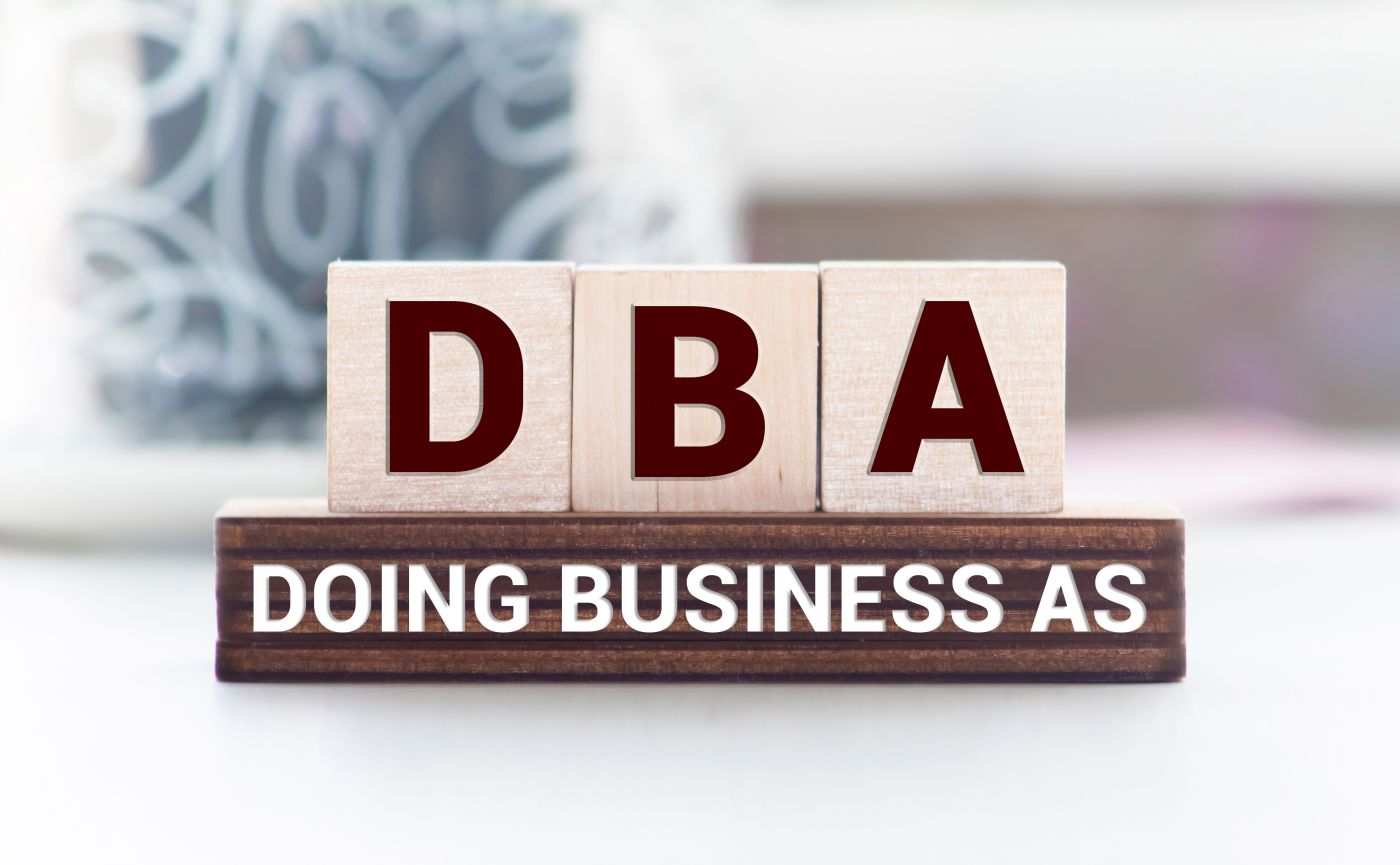
Real names sometimes differ from the names businesses use in public. That’s where a DBA, also called a “fictitious name,” becomes relevant. Companies may operate under a brand name that isn’t exactly the same as their official entity name.
Keough Law, PLLC, located in Orlando, Florida, has seen how this approach can influence branding and reach for many entrepreneurs. DBAs serve a variety of purposes and can be beneficial for those who want to introduce new lines of services or manage multiple brands under one umbrella.
Understanding this concept is a key part of business law in Florida because you’ll need to take a few official steps to make your DBA valid.
An Introduction to DBAs in Florida
DBA is a business law term that stands for “doing business as.” It refers to an alternative name under which a business operates. Corporations, limited liability companies, and sole proprietors often file DBAs when they want a public-facing name that doesn’t match their legal name.
Having a DBA doesn’t create a separate business entity. It’s essentially an alias the existing company uses. That’s why owners often rely on DBAs to branch out without forming a new corporation or limited liability company every time they add a new service. Even so, Florida has guidelines about how DBAs should be filed and where they’re registered.
DBAs can also help if you’re looking to market services differently than your official name might suggest. Some owners prefer to keep their personal names off marketing materials, and a DBA is a useful tool to accomplish that goal. Others use DBAs to test new niches or product lines, since it keeps the public identity distinct from the main brand.
The Use of DBAs in Everyday Transactions
A DBA can show up in everyday business activities, from signing contracts to issuing invoices.
Even if your entity’s official name is “Johnson Marketing, LLC,” you might present yourself to clients as “Atlantic Digital Solutions” if you have a DBA on file. This creates clarity for customers who only know the brand name, while your accountants and legal documents still reference the original LLC.
DBAs also appear in bank accounts. Some banks let you set up a business account using your DBA. This keeps finances organized and prevents confusion if a client issues payment to a name different from the official entity. Using a DBA doesn’t shield you from personal liability in the same way an LLC or corporation might. It’s just a name, not a new entity.
Reasons to Consider Filing a DBA
People choose a DBA for many reasons, and each situation might look a little different:
Brand clarity: Businesses that want a market-facing name distinct from their legal identity might pick a DBA that resonates with potential customers.
Multiple product lines: If one LLC or corporation manages various products, each brand can have its own DBA.
Privacy: Sole proprietors sometimes don’t want to use their personal names in public-facing materials, so they file a DBA.
Expanding into new markets: If you’re branching out geographically or into a new service area, a DBA can reflect that change.
Whatever your motivation, it helps to know that Florida’s business law includes certain steps for registering DBAs. Following those steps keeps things straightforward if you need to sign contracts or market to clients under a new name.
How to File a DBA in Florida
Florida uses the term “fictitious name” for a DBA. The steps to register that name aren’t difficult, but it’s important to do them correctly. Many business owners choose to do this early in their planning stage to avoid complications later. Skipping or delaying this step can lead to penalties, including fines, because the state wants a public record of who’s operating under which names.
Publishing a legal notice
Florida requires that you publish a notice of your new fictitious name in a newspaper in the county where your principal place of business will be. This publication lets the public know you’re using that name.
Selecting a newspaper: You can pick any newspaper that meets the legal criteria for publication in your county.
Timing: Publish the notice once, and keep a copy of it or proof of publication in your records.
Filing online or by mail
Once you’ve published the required notice, you can register the DBA with the Florida Division of Corporations.
Accessing the application: You can file online or download a paper form from the Division’s website.
Including necessary details: The form asks for your legal business name, mailing address, and the fictitious name you’re registering.
Paying the filing fee: A filing fee is involved, which you can pay online or send via check if you’re filing by mail.
Renewal
DBAs in Florida usually require renewal every five years. Keeping track of that date is important, because you don’t want your fictitious name to lapse.
Common Mistakes to Avoid
DBAs might seem straightforward, but a few missteps can lead to setbacks:
Failing to publish: Some business owners skip the newspaper notice, not realizing Florida law demands it. This step is mandatory, so don’t forget it.
Using a DBA that’s too similar: Picking a name that’s too close to another registered business name can cause conflicts or legal challenges.
Forgetting renewals: If you let your DBA registration expire, you lose the right to use that name under the law until you re-register.
Staying ahead of these pitfalls helps keep your operations smooth. It can also protect you from confusion if someone else notices that your DBA is no longer valid in state records.
DBA vs. Other Entity Structures
Some business owners wonder why they can’t just form a separate corporation or LLC for each service or brand. While that’s an option, it might mean additional fees and annual reports for each entity. A DBA offers a simpler path to operating under a different name without forming a new legal structure.
A DBA doesn’t offer liability protection. If your underlying business structure is a sole proprietorship, your personal assets are still at risk. If you’re an LLC or corporation, that existing structure’s liability shield applies to all DBAs, as they’re part of the same business. Business law in Florida won’t grant additional legal separation just because you filed multiple fictitious names.
Protecting Your Rights in Business Law
Filing a DBA is one piece of the puzzle when it comes to brand identity. There’s also trademark law, which can help protect your chosen name or logo from infringement.
Even though your DBA is officially recognized by the state of Florida, that doesn’t always protect you from someone who wants to use a similar mark. Business law includes many routes for safeguarding your intellectual property.
Owners who want broader protection might explore trademarks on both the state and federal level. That step is particularly relevant if you’re building a brand that will operate in multiple states or online.
Having a DBA doesn’t automatically grant you exclusive rights to that name; it’s more of a public declaration that you’re using it. If you’re serious about protecting your brand, consider registering a trademark, too.
How DBAs Help Your Marketing Strategy
A DBA can assist in shaping your marketing strategy by allowing you to refine how you present your business to the public.
For example, if you’re branching out into new services, you might want a name that speaks directly to that niche without altering your primary company name. People often find it easier to connect with a specialized brand name, and a DBA gives you that flexibility.
Using multiple DBAs under one legal entity is also common. Maybe you’ve got multiple product lines that each cater to a distinct audience. A separate name for each can help you target those customers more directly. Just remember to register each fictitious name according to Florida’s rules.
Contact Us Today
Keough Law, PLLC proudly serves clients in Orlando, Florida, and all throughout Orange County, Osceola County, Hillsboro County, and Pinellas County. We’re ready to discuss how filing a DBA fits into your overall business plan.
A little planning now can lay the groundwork for clear branding, easier marketing, and less legal stress. Call or send a message so we can talk about your business law questions.



